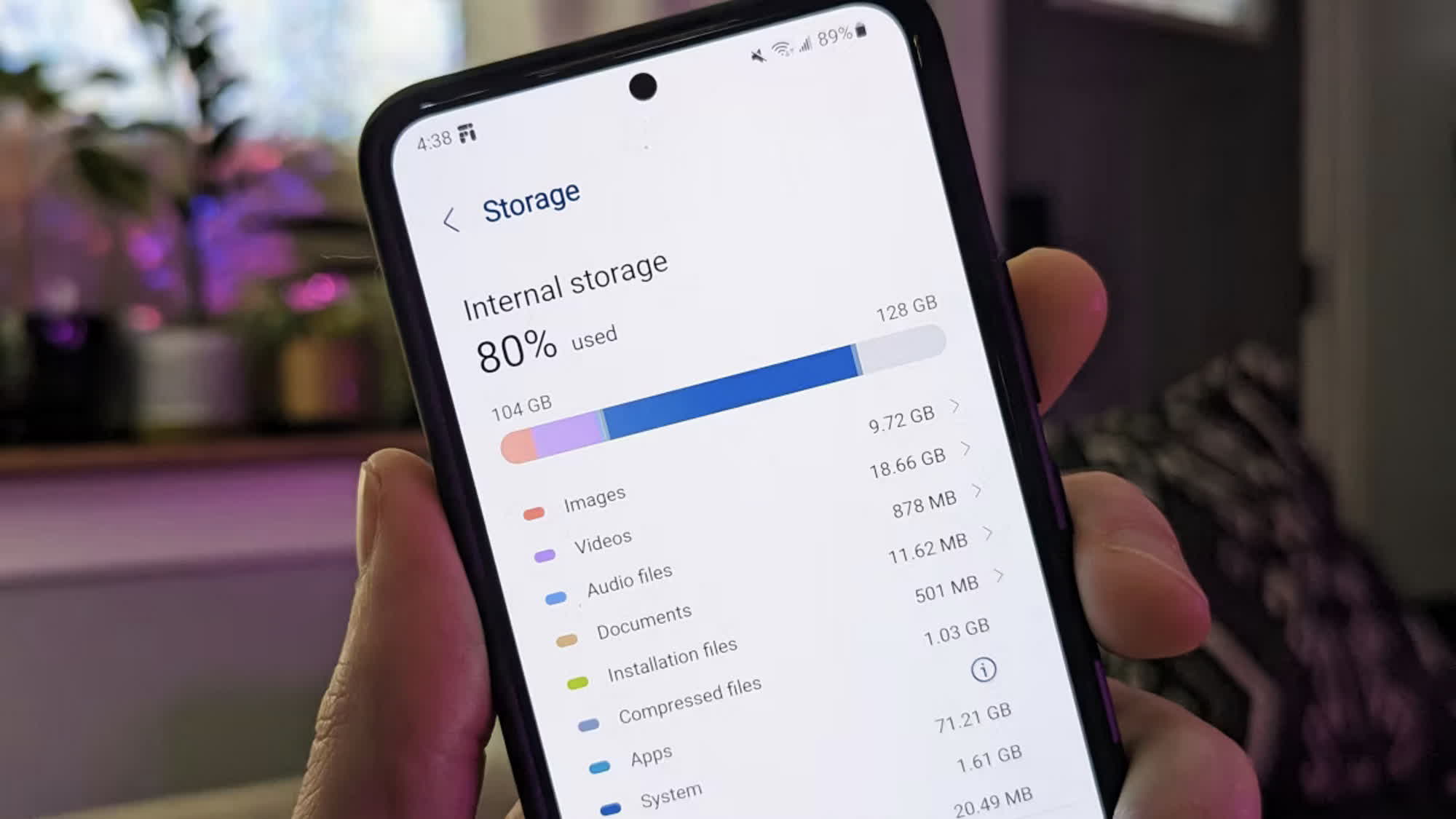Facepalm: While Android offers users the convenience of multiple profiles on a single device, the latest version of Google’s mobile operating system has revealed an unexpected and potentially critical issue with this feature. The severity of the bug has led some users to liken it to a ransomware attack.
Android 14 has been plagued by a storage bug associated with its “multiple profiles” feature. While users can open multiple profiles on a single smartphone or tablet, they face the risk of losing both data and access to their device.
Initial reports about the bug emerged a few days ago, following the installation of Android 14 on Pixel devices. After the update, users found themselves unable to access storage through their primary user profile. Some users encountered an endless boot loop, while others received error messages related to basic storage operations, such as opening directories.
Devices recently updated to Android 14 essentially became “broken.” Users faced issues like the camera app being “out of storage,” the inability to take screenshots due to a lack of internal memory, and file managers displaying zero files for all file types. These files were also unreadable on a PC through a USB connection, and system apps repeatedly crashed.

Early reports about this bug were submitted to Google’s IssueTracker platform on October 17. Initially, the bug was classified with a “medium” priority level (P2). However, it has since been escalated to the highest priority level (P0) due to a surge in complaints regarding storage problems and unusual error messages.
Google has acknowledged the issue and recently issued its first official response, assuring users that developers are actively working on fixes for all affected devices. An update from Google Play is already available, designed to prevent the issue from affecting additional devices. The company is also preparing a future update that will restore normal functionality and file access, all without the need for a factory reset.
Android 14 was initially rolled out to Pixel devices, with a broader release expected later this year. Similar to many other companies managing large software products, Google typically employs a “slow” rollout strategy, testing new releases on a small subset of devices before wider deployment.

